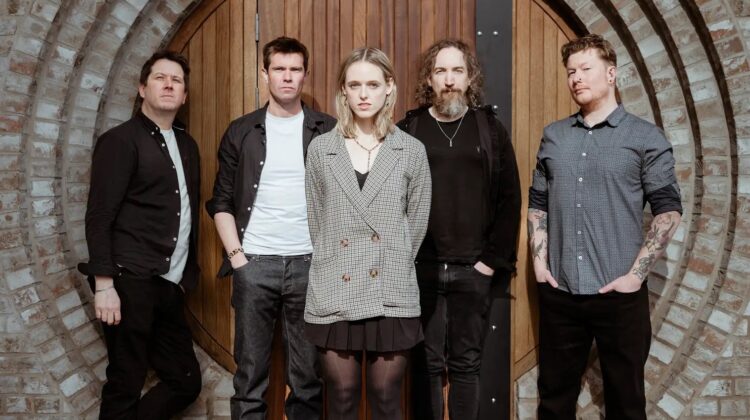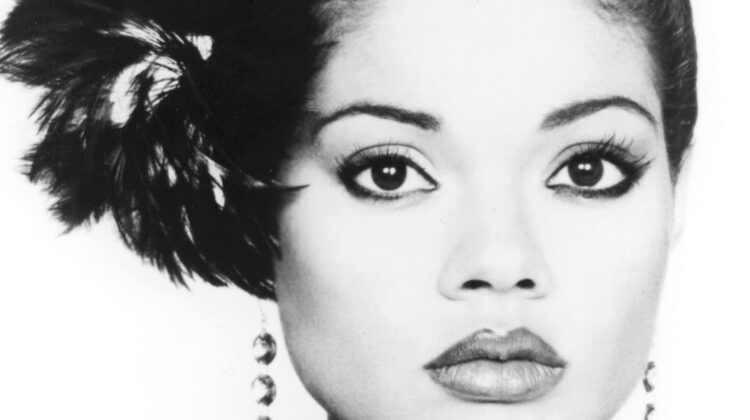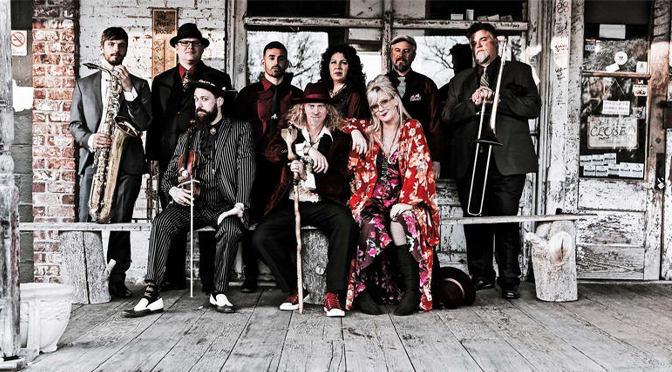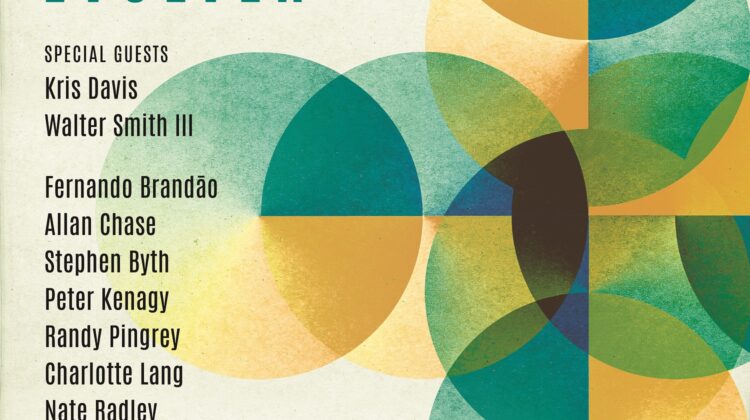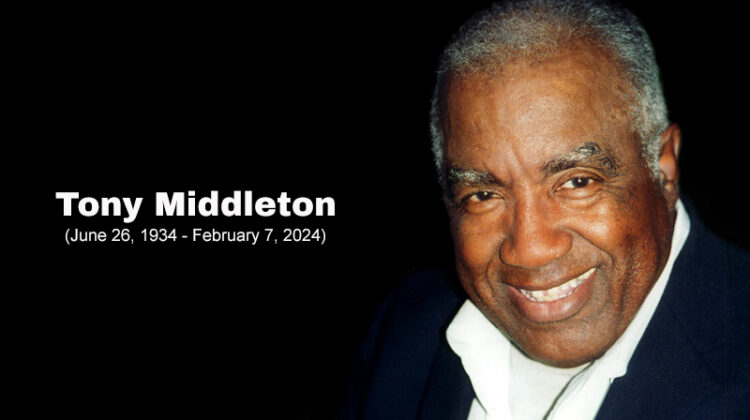Mordy Ferber, “Reflection”
By: Bill Donaldson
Though Mordy Ferber remains relatively unknown to the general public, his work doesn’t remain unheard. Those fortunate enough to catch Ferber in a club may be entranced by his haunting compositions and inspired delivery, but anyone who watches television may have heard his themes on shows like Everybody Loves Raymond or Six Feet Under. Learning guitar as a boy in Israel, Ferber absorbed seemingly disparate influences along the way to Reflection, his latest and much welcomed album. Those influences include The Beatles, Carlos Santana, Jimi Hendrix, Herbie Hancock, McCoy Tyner and Keith Jarrett. The range of Ferber’s interests and their synthesis into a unique style appear on Reflection, which includes vastly different moods not as a showcase for multi-faceted talent, but as a means of expression by an artist to investigate with unfettered ability various means of expression, not to mention a few flights of fancy. But the unexpected is what we expect from Ferber as he explores in depth notions that may intrigue him, such as what Fred Astaire may have done during a performance in Chicago, whenever that may have been.
And so we have, intriguingly, “Fred Astaire in Chicago,” a lilting waltz of undulating fluidity, not to mention grace, that is notable not just for its droll imagination, but also for the way that guitar and piano, two chorded instruments, seamlessly complement each other. Ferber’s affinity for keyboardists in his group extends to his previous album, Being There, which included the equally excellent Brad Hatfield. Generously, Ferber allows pianist Greg Goebel virtually to sweep away with the performance of “Fred Astaire in Chicago” after Ferber’s first two choruses establish melody and variation.
However, the album clearly is a product of Ferber’s talent and expansive creative impulses as he draws on other divergent influences, like Yitzhak Rabin in “Rabin,” wherein Todd Strait’s drumming comes more into play for setting mood. With a more solemn and pensive atmosphere, Ferber plays the tribute with a modicum of reverb as bassist Dave Captein performs in unison with him. Ferber’s improvisation, affecting though it may be, remains understated, reflective and unhurried. The guitarist’s dedication to his mother, “Zipora,” is equally emotional in its medium-tempo simplicity, this time without effects.
In contrast, “Tuaca,” with its quick lines of introduction executed with flawless buzzing alacrity (perhaps as a musical simulation of the effects of the liqueur), contrasts markedly with the heart-felt personal musical sketches on Reflection. Ferber brings in tenor saxophonist Rob Davis to heighten the tension of “Tuaca,” which alternates between the gone-before-you-know-it signature phrase of onrushing urgency—and silence. Finally, the vibrating force of “Tuaca,” with the wildness of Ferber’s guitar distortions and Davis’s furious improvisation, is resolved by Captein’s energetic yet lower-volume extended bass solo. “Wait Till You Get Your Supply,” a rocking fusionistic piece with Goebel on Fender Rhodes seems more restrained but still allows for Ferber to break loose, as if unchained, for the head-bobbing melody with reverberating and echoing rhythmic and melodic liberties.
Supplying contrast again, Ferber completed his Reflection with his quiet, gorgeous song (if only words were provided), “River of Life,” effects and excitations abandoned for”Pavane”-like direct acoustic appeal.
Again, Mordy Ferber has proven himself to be absolutely chameleonic on guitar, composing and playing pieces as varied and emotionally magnetic as the breadth of his experiences and talent allow.
Year: 2011
www.mordyferber.com

